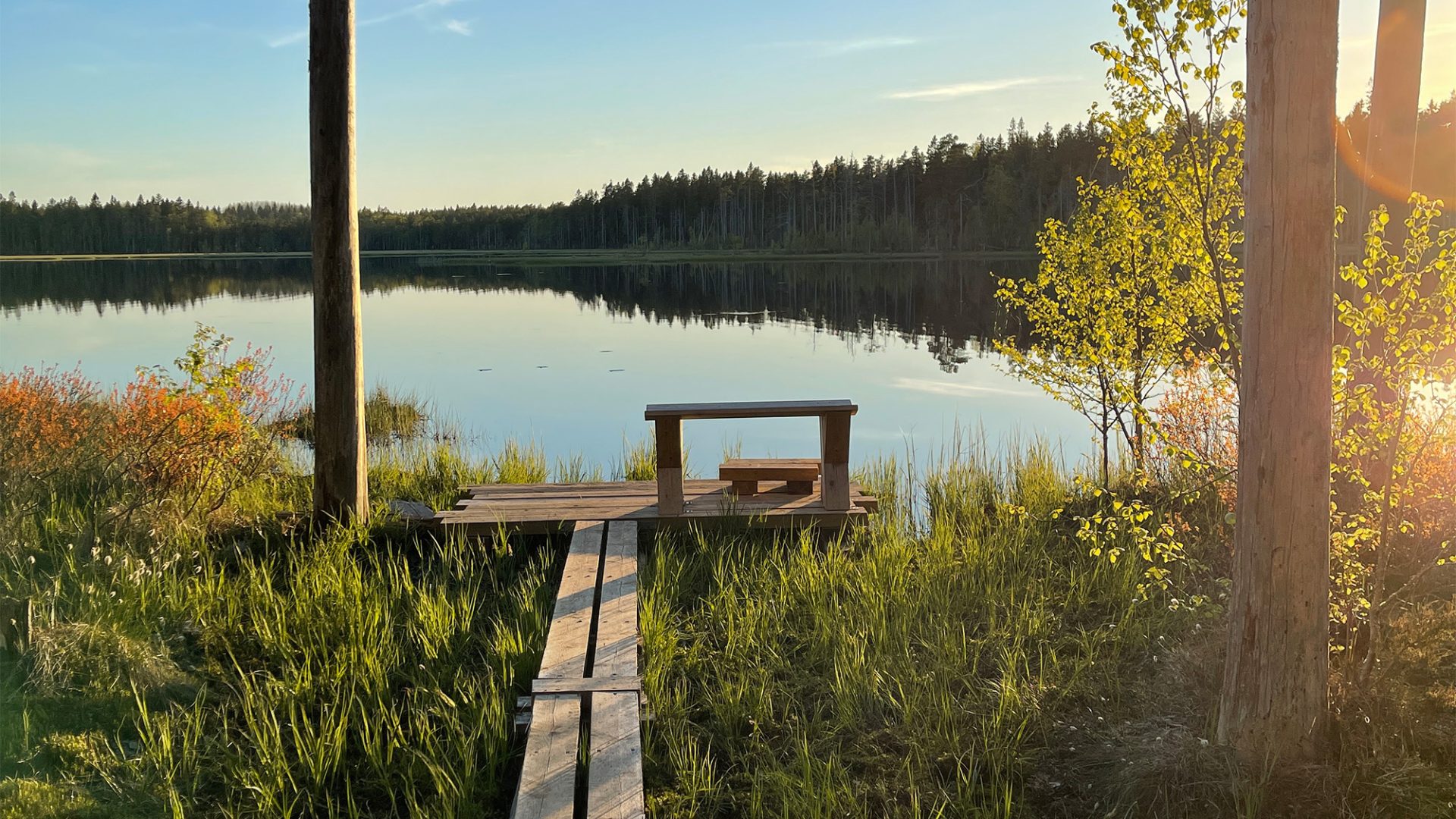Event
CERE Seminar: Simon Falck, Swedish Agency for Growth Policy Analysis
Wednesday 04 Mar, 2026
13:15 - 13:15
Kronan, SLU
CERE Seminar: Astrid Kander, Lund Universitet
Thursday 19 Mar, 2026
13:15 - 14:15
SAM.A.397 UMU
News
-
CERE participation in KBC ski relay
CERE members traded desks for skis on Feb 26, taking on a fun relay across the university campus. Team spirit, -
Call for papers – 2nd Workshop on Transport Economics and the Environment
Submission deadline: March 31, 2026 –> Use this form to submit your abstract More info here. on behalf of the -
Debate article: “Stegra Is Unprofitable – Even for the Climate”
The planned green steel project Stegra in Boden is not socio‑economically profitable and provides only limited climate benefits. This is
New CERE paper out now!![]()
![]() See www.cere.se/new-paper-on-the-effects-of-energy-price-shocks-on-the-industrial-firm/
See www.cere.se/new-paper-on-the-effects-of-energy-price-shocks-on-the-industrial-firm/

